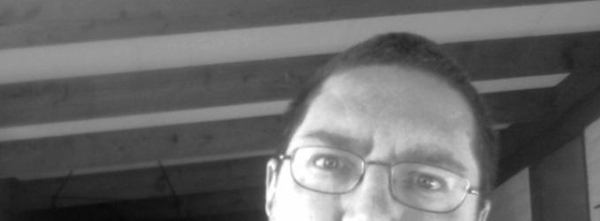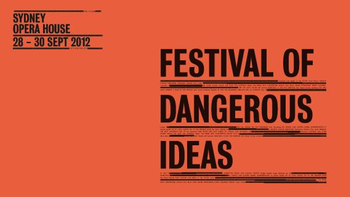 A couple weeks ago Telstra was caught monitoring the web browsing done by customers of its Next G mobile network and reporting them to an overseas company, Netsweeper. I’m writing more about this soon, so here’s some background so I can link to it.
A couple weeks ago Telstra was caught monitoring the web browsing done by customers of its Next G mobile network and reporting them to an overseas company, Netsweeper. I’m writing more about this soon, so here’s some background so I can link to it.
Josh Taylor explained the story for ZDNet Australia, I did for Crikey, and of course there were others. In brief, though, Telstra told Netsweeper what URLs were being visited by Next G customers — in theory with any personally-identifiable information removed — so Netsweeper could discover new web content and classify it for the content filtering system they were developing for Telstra.
It’s a bit wrong. Telstra stopped the project quick smart. But some people, including me, reckon the situation is rather more serious.
Geoff Huston, chief scientist of regional internet registry Asia-Pacific Network Information Centre (APNIC), reckons it’s so far outside the law that law enforcement agencies should be getting involved. As a common-carrier telco, Telstra is in a privileged position. It shouldn’t be reporting anything about any aspect of digital communications to third parties, except as strictly required under law, just as it can’t do anything with analog phone calls.
Huston explained his views in a blog post, All Your Packets Belong to Us, and discussed it with me on this week’s Patch Monday podcast, Hands off our packets, it’s the law.
You can hear Telstra’s PR response on Phil Dobbie’s Twisted Wire podcast, Is your phone watching you?
(Neither of those podcasts are yet appearing in iTunes or other podcast application feeds. On Monday ZDNet Australia was merged into a new global content management system and the podcast feeds broke. I know the CBS Interactive technicians know it’s a problem, but I don’t have an ETA on when it might be fixed yet.)
On Tuesday, Whirlpool had what purported to be an internal Telstra memo from chief executive David Thodey, who seemed to agree that they’d very much crossed the line.
That’s why I want to remind everyone that privacy is not an aspiration at Telstra — it is an essential requirement and our license to operate.
Privacy at Telstra is everyone’s responsibility. We have to do better.
Now there’s some complicated issues in all this. I’ll be exploring them in the coming week. Meanwhile, do listen to those two podcasts and have a bit of a think.
 My appearance at the Sydney Opera House Festival of Dangerous Ideas, which I’ve told you about before why aren’t you paying attention? — draws ever closer. It’s a week from today, and as part of the promotional lead-up they’ve posted a look Inside my Dangerous Mind.
My appearance at the Sydney Opera House Festival of Dangerous Ideas, which I’ve told you about before why aren’t you paying attention? — draws ever closer. It’s a week from today, and as part of the promotional lead-up they’ve posted a look Inside my Dangerous Mind.
 The current parliamentary inquiry into Australia’s national security laws has become a mildly hot media topic this week, so I ended up doing a backgrounder on ABC Local Radio last night with
The current parliamentary inquiry into Australia’s national security laws has become a mildly hot media topic this week, so I ended up doing a backgrounder on ABC Local Radio last night with  Since I’m blogging about my forthcoming speaking engagements, I should probably also mention that I’m on a panel at
Since I’m blogging about my forthcoming speaking engagements, I should probably also mention that I’m on a panel at 